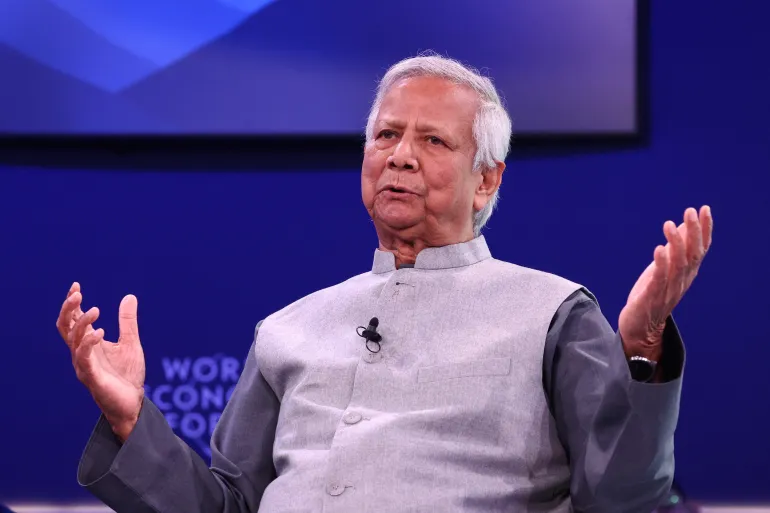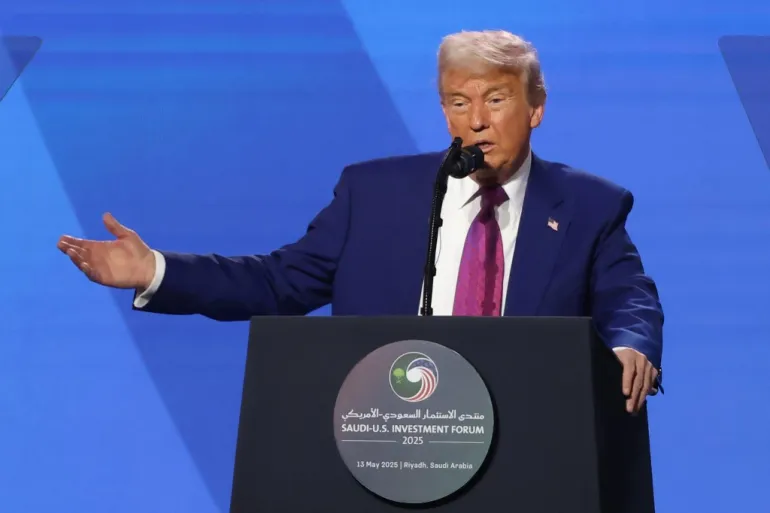A prominent Ugandan political activist, who was reportedly tortured while in Tanzanian custody, has been abandoned at the Uganda-Tanzania border, raising serious questions about cross-border repression and human rights violations in East Africa.
The activist, identified as Moses Ssentongo, had been detained in Tanzania for undisclosed reasons, with rights groups alleging that he was subjected to beatings, electric shocks, and psychological abuse before being forcibly expelled from the country.
“They blindfolded me, tied my hands, and beat me for hours. I was dumped in the night like garbage,” Ssentongo told local reporters from a hospital bed in Uganda.
🔍 Arrest Without Charge
Ssentongo had travelled to Tanzania for what he claimed were peaceful political engagements and civil society meetings. However, he was arrested by Tanzanian security agents shortly after arriving, without formal charges or court proceedings.
During his time in custody, he was denied access to a lawyer or family, and was held incommunicado for several days, according to the Uganda Human Rights Initiative (UHRI).
“This is a blatant violation of both Tanzanian and international law,” said a UHRI spokesperson. “Cross-border repression is becoming the new normal in East Africa.”
🇹🇿 Tanzania Silent, Uganda Alarmed
The Tanzanian government has not publicly acknowledged the arrest or the abuse allegations. Uganda’s Ministry of Foreign Affairs has expressed “serious concern” over the treatment of one of its citizens, and has called for a formal diplomatic explanation.
Ugandan opposition figures allege that Ssentongo’s detention was carried out in collaboration with Ugandan security operatives, suggesting a transnational crackdown on dissenters who flee repression at home.
“This is not just a Tanzanian crime — it’s a coordinated regional attack on activism,” said Bobi Wine, Ugandan opposition leader and former presidential candidate.
🧩 Pattern of Regional Repression
Ssentongo’s case adds to a growing list of activists and journalists who have been detained or harassed across East African borders. Human rights groups have documented an increase in extrajudicial deportations, surveillance, and torture, particularly targeting critics of long-serving governments in Uganda, Tanzania, and Rwanda.
Amnesty International and Human Rights Watch have both condemned the trend, calling for independent investigations and international pressure to uphold basic freedoms.
“This is a dangerous erosion of human rights in the region,” said a regional expert at Human Rights Watch. “These governments are using each other as proxies to silence critics.”
⚖️ Legal and Medical Fallout
Doctors treating Ssentongo confirmed signs of physical abuse, including broken ribs and internal injuries. Uganda’s parliament has called for a special inquiry into the incident, and local lawyers are preparing to file petitions before both Ugandan and international human rights courts.
The UHRI is also urging the African Union and East African Court of Justice to intervene, warning that failure to act could embolden governments to continue cross-border abductions with impunity.
What to Watch
- Diplomatic exchanges between Uganda and Tanzania
- Calls for international investigations and human rights sanctions
- Legal proceedings against Tanzanian officials or Ugandan collaborators
- Activist movements in Uganda gaining momentum after the incident
- Regional trends in cross-border repression of dissenters
The brutal treatment of Moses Ssentongo marks a new low in East Africa’s shrinking civic space. As authoritarian governments tighten their grip across borders, the price of speaking out is becoming increasingly dangerous — even across national lines.
Source; Al Jazeera



